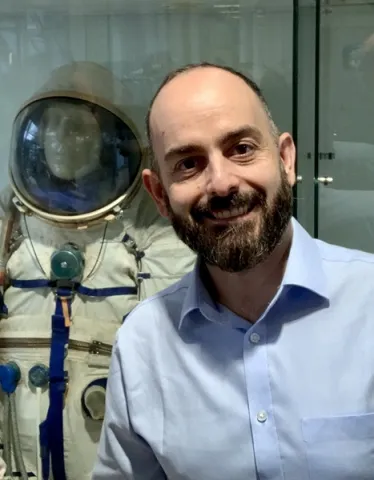About the project
This PhD investigates methods to improve the fracture toughness of carbon fiber composites through experimental testing (Double Cantilever Beam and End Notch Flexure) and multiscale modeling in Ansys. It explores environmental effects and surface modification techniques, providing training in experimental mechanics, materials characterization, and finite element analysis for advanced composite structural performance research.
Carbon fiber reinforced plastics (CFRPs) combine high structural performance with low weight, making them ideal for advanced engineering applications. However, their laminated architecture leads to low fracture toughness and limited impact resistance, largely dependent on the polymer matrix.
To address these issues, researchers have explored techniques such as UV or plasma surface treatments, nanoparticle reinforcement, and interleaving with carbon nanotubes, graphene, thermoplastic films, stainless steel fibers, or nonwoven veils to improve toughness.
This PhD aims to critically review current research on the fracture properties of composite materials and to develop new experimental strategies for toughness enhancement. Environmental factors such as humidity, pressure, and temperature will also be investigated for their influence on fracture behavior.
Under supervision, the candidate will perform experimental tests - including Double Cantilever Beam (DCB) and End Notch Flexure (ELS) - to determine mode I and mode II fracture toughness (GI,C and GII,C) and crack propagation behavior.
These experiments will support the creation of multiscale computational models capable of simulating crack propagation and predicting the residual strength of composite structures. Numerical simulations, conducted in Ansys at the University of Southampton, will link microscale interfacial shear strength to macroscale mechanical performance.
The PhD will provide advanced expertise in experimental mechanics, composite characterization, and finite element modeling, preparing the candidate for independent research in composite structural performance.
The School of Engineering is committed to promoting equality, diversity inclusivity as demonstrated by our Athena SWAN award. We welcome all applicants regardless of their gender, ethnicity, disability, sexual orientation or age, and will give full consideration to applicants seeking flexible working patterns and those who have taken a career break. The University has a generous maternity policy, onsite childcare facilities, and offers a range of benefits to help ensure employees’ well-being and work-life balance. The University of Southampton is committed to sustainability and has been awarded the Platinum EcoAward.

